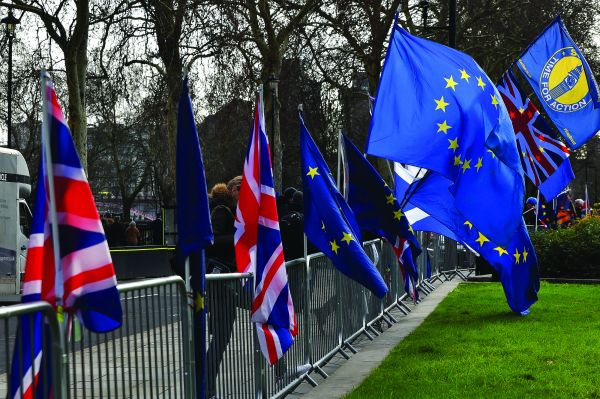
- With a Government overall majority of 80, the opposition decided not to put their amendments to the vote. However, there is every prospect that the Government will suffer defeats in the Lords next week.
The House of Lords Constitution Committee said of Boris Johnson’s first European Union (Withdrawal Agreement) Bill, ‘The Bill is of the highest constitutional significance’. (See169 NLJ 7865, p10). The Commons gave the Bill its Second Reading on 20 October by 329 to 299, but it then rejected, by 322 to 308, the Government’s very tight programme motion—which led to the Bill being pulled, Parliament being dissolved and the December General Election.
Boris Johnson’s second EU Withdrawal Agreement Bill was introduced on 19 December and received its Secord Reading the next day – this time by 358 to 234. The basically unchanged programme motion allows only two days, 7 and 8 January, for the Commons Committee (of the whole House) stage; one day, 9









